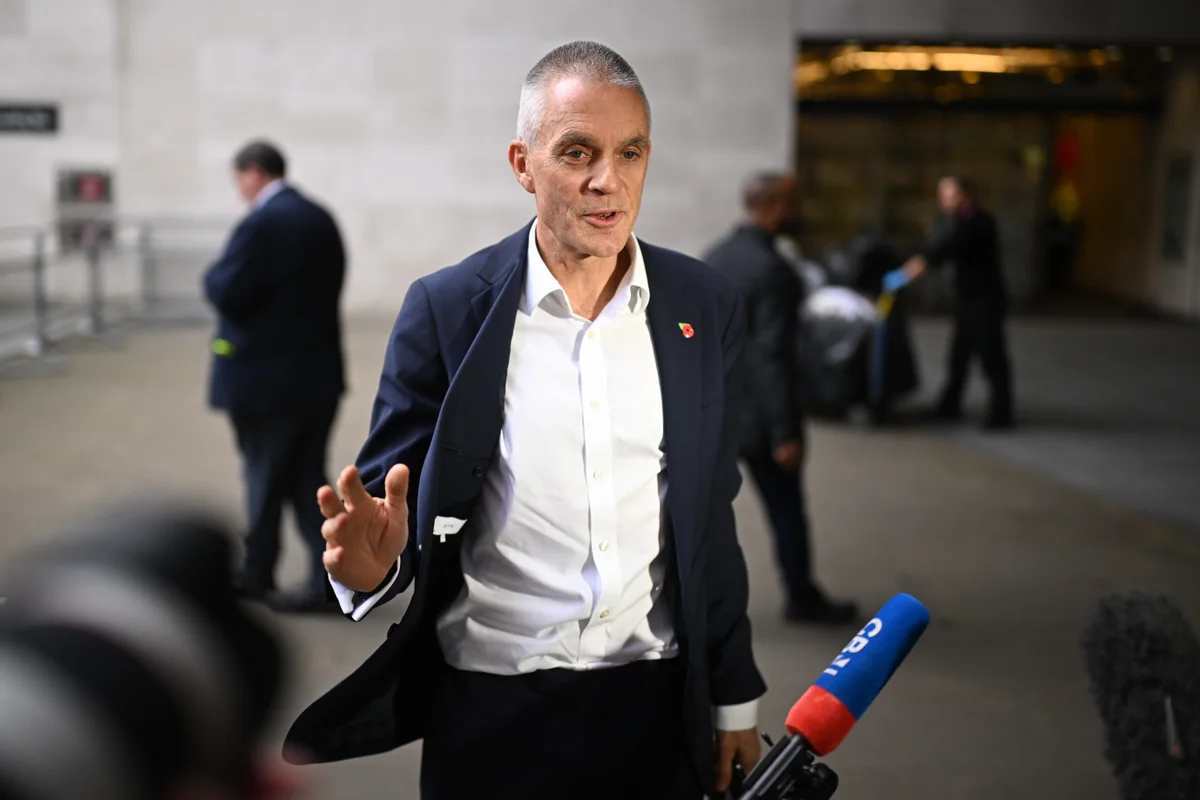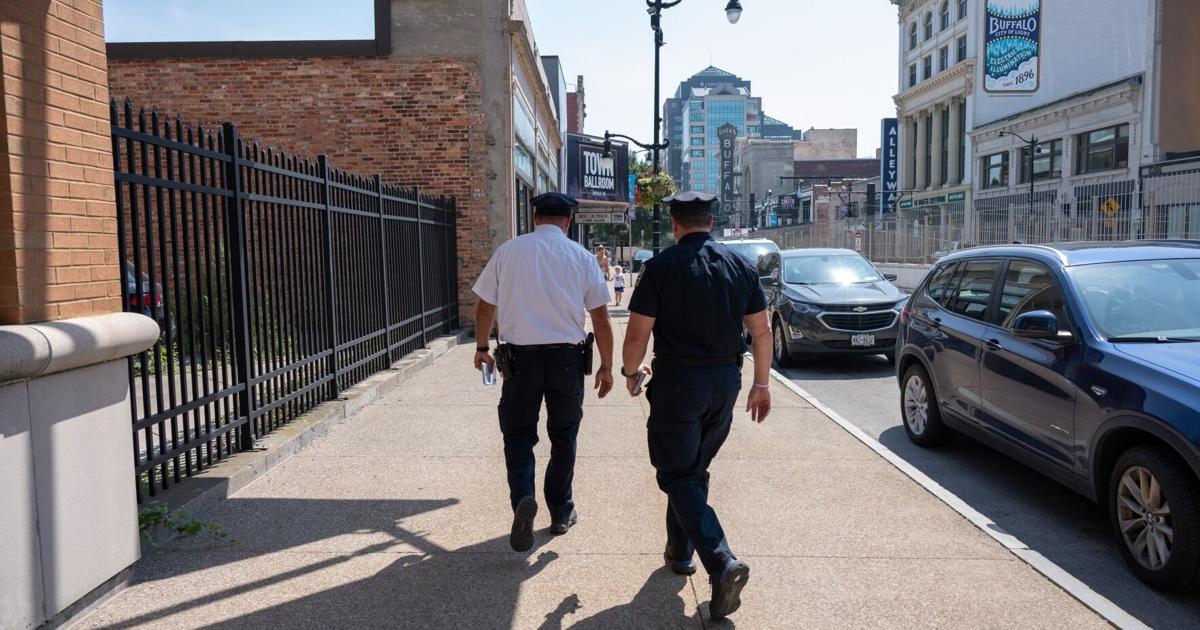Copyright independent

In a curious turn of phrase for an organisation undergoing an existential crisis and facing a $1bn (£760m) lawsuit from Donald Trump, the outgoing director general of the BBC, Tim Davie, commiserated with his staff over the very “discombobulating” time they’ve had recently. Mr Davie is right to be proud of the corporation’s journalists, but he and his most senior colleagues should be ashamed of the way they have handled the issues raised concerning the Trump Panorama documentary, even after they were leaked to The Telegraph. To borrow a fashionable phrase in politics, there was “dither and delay” where there needed to be a rapid response. The fact that the chair of the BBC, Samir Shah, was apparently unable to force the pace among his colleagues needs explaining. The BBC’s critics, often political as well as commercial enemies, cannot be allowed to destroy a precious and invaluable global brand out of spite and self-interest. It is a moment when the BBC’s friends and allies need to rally to its defence – but it is equally important to suggest reforms that will help to make the corporation stronger and better fitted to meet its challenges. Equally, it would be foolish to think that one stupid error of judgement, over a single clip in an episode of Panorama, is all that this crisis is about. The report prepared for the BBC’s senior management by Michael Prescott, a former independent adviser to the BBC’s Editorial Guidelines and Standards Board, is not controversial at all in the sense that it identified some of the most sensitive subjects that the BBC – and indeed, every responsible news organisation – has been struggling with for some years. Namely, these are the conflict between Israel and Hamas in Gaza, transgender rights, and anything and everything to do with Mr Trump. To this list of hypersensitive topics may be added net zero, immigration, and what Nigel Farage, never the most gentle, calls “DEI madness”. What the topics on this disparate list have in common is the simple fact that they are impossible to deal with without someone getting upset. Such is the polarisation of society that even the choice of words used in certain contexts is continually challenged. The overarching question into which these issues have coalesced is one that has seemingly paralysed the BBC in recent weeks: is the corporation institutionally biased? So far as can be judged, and crudely speaking, the upper echelons of the BBC have been as irreconcilably divided on this matter as, say, the British people have been over Brexit for the past decade. The great debate about BBC institutional bias may be worth having, but in the end, it is impossible for it to be concluded satisfactorily when there is so much disagreement about the issues that underlie it. All that can be done is for the BBC to take the pragmatic steps necessary to try to navigate each of the most divisive topics as best it can, so that it minimises unconscious bias – something that can creep into any organisation. The editorial guidelines have to be constantly revisited, subjected to more stress-testing in terms of how they appear to members of the public outside the organisation, and adapted to reflect changes in the law (such as the Supreme Court ruling on sex and gender) and cultural mores. This is, in fact, what the BBC and the rest of the media have always had to do. The treatment of gay people, for example, is now far different from even 40 years ago, let alone the dark ages of the early 1950s. As an organisation founded on a compulsory licence fee, the BBC has to carry its public with it – and nowadays, that also includes its audience of 40 million in the United States, where it enjoys much respect. There are other obvious reforms the new leadership of the BBC could undertake. They might usefully try to recruit journalists whose thinking is more diverse, with a wider spectrum of opinions, and from a body that is not largely drawn from new university graduates. They should take all current affairs and the more controversial documentaries in-house, so that if costly errors are made, they are at least made by the BBC itself. Complaints should be examined by an outside body, even if decisions have to remain, of necessity, in the hands of the corporation. And, of course, it needs to pay sufficient attention to its commercial future, as it loses viewers to the likes of YouTube and Netflix. The new director general will need to take the BBC at least through to its next next Royal Charter, which is due to commence on 1 January 2028, and will last for a decade. That also means securing the support of the culture secretary, Lisa Nandy, on licence fee funding, collaboration with the American giants, sporting rights and, indeed, the editorial framework for its vast global news output. Obsessed and discombobulated by the pressing concerns of the moment, there is an even more serious sense of drift, including from government, over resolving the strategic questions haunting the BBC’s future. Such a slide cannot be allowed to go on.



